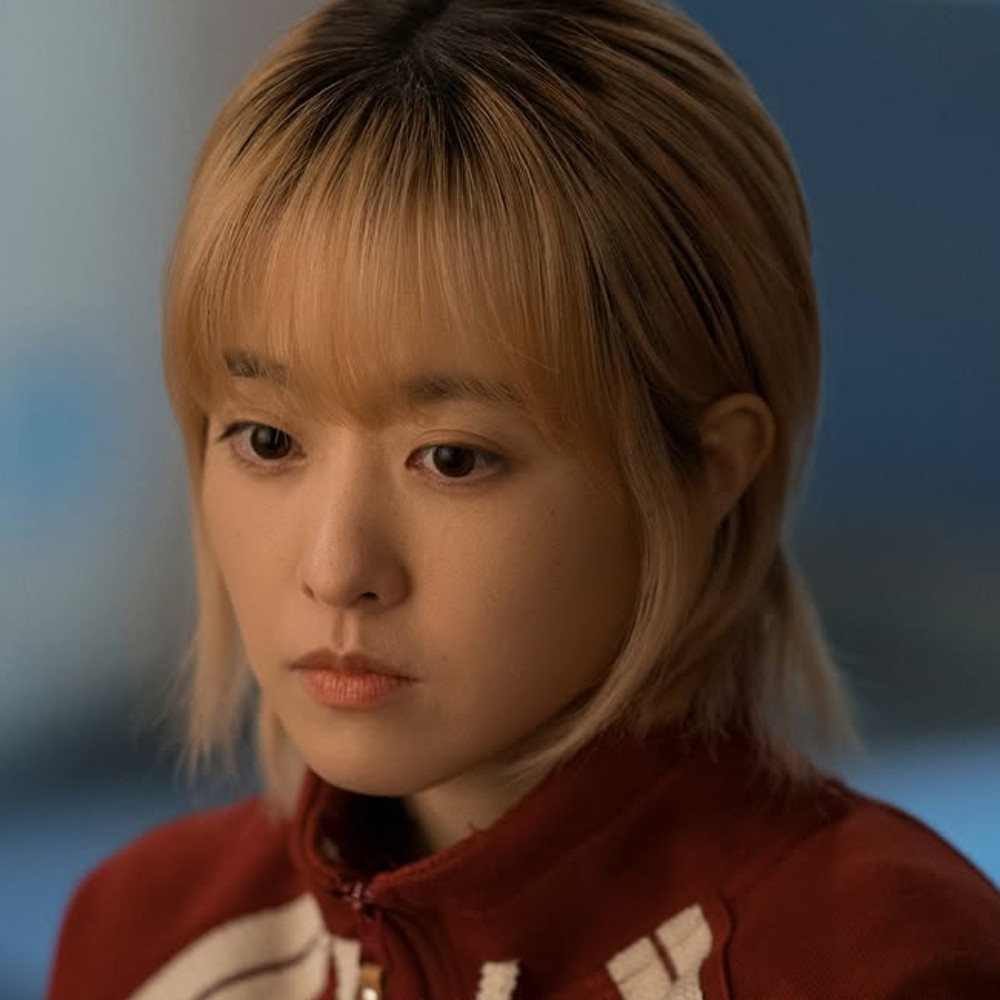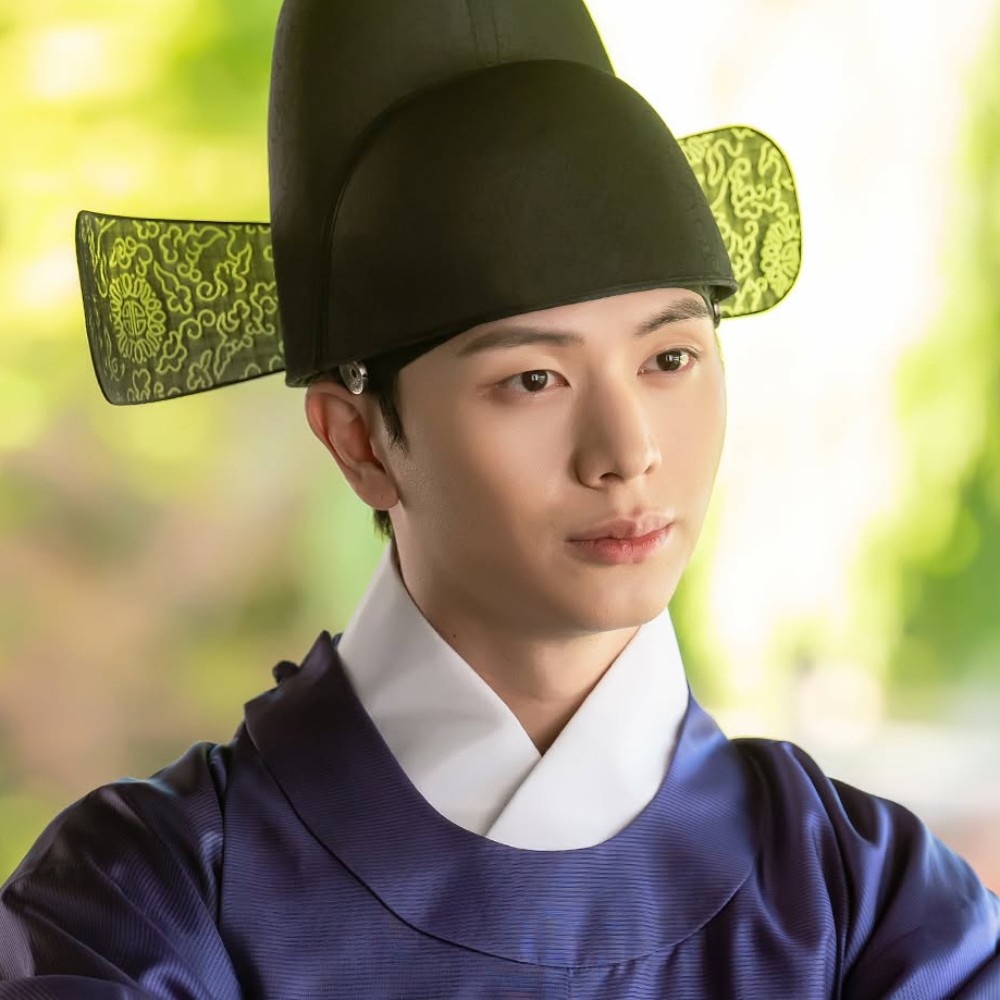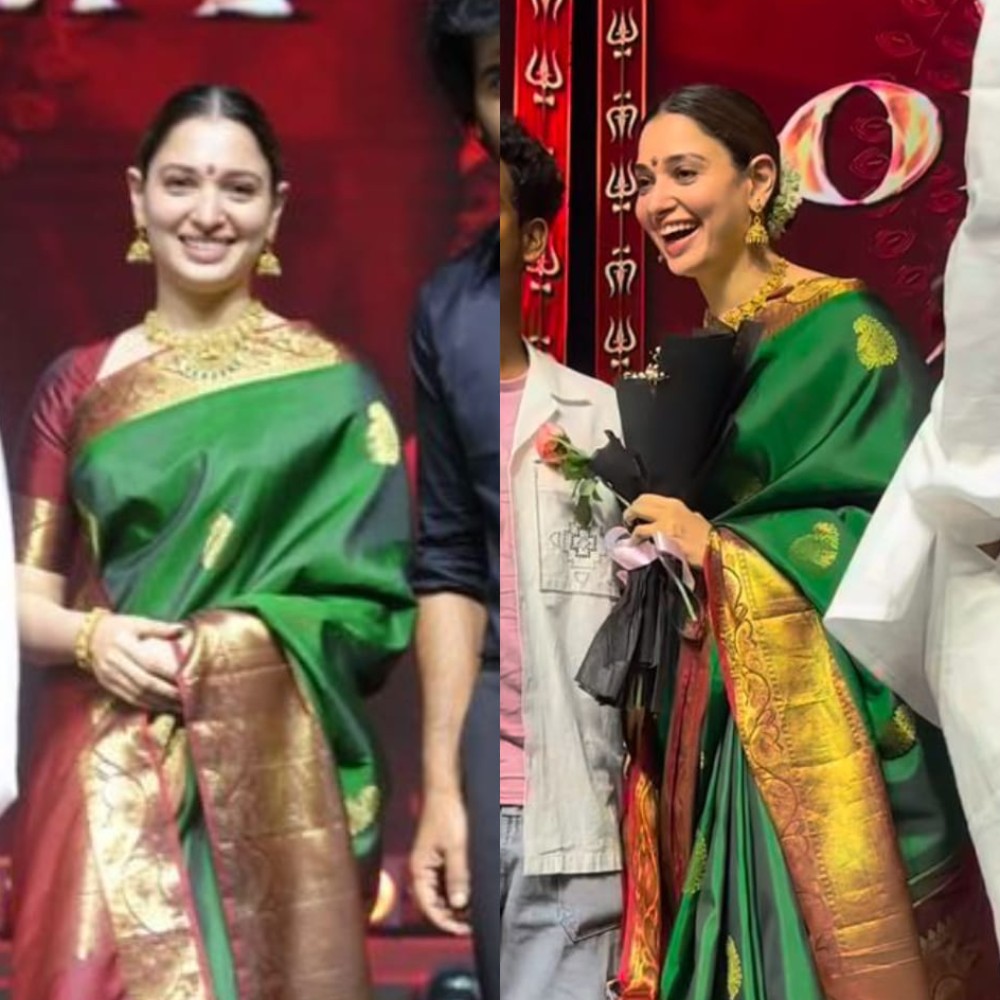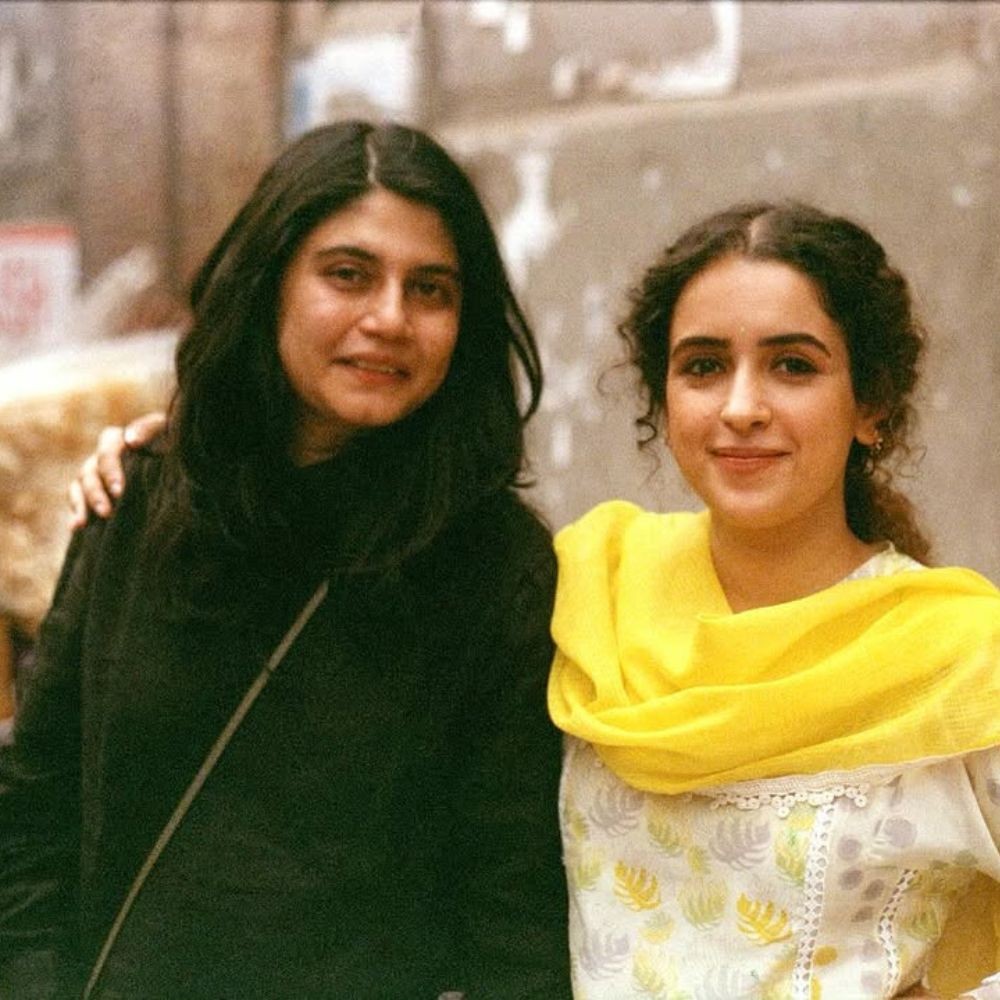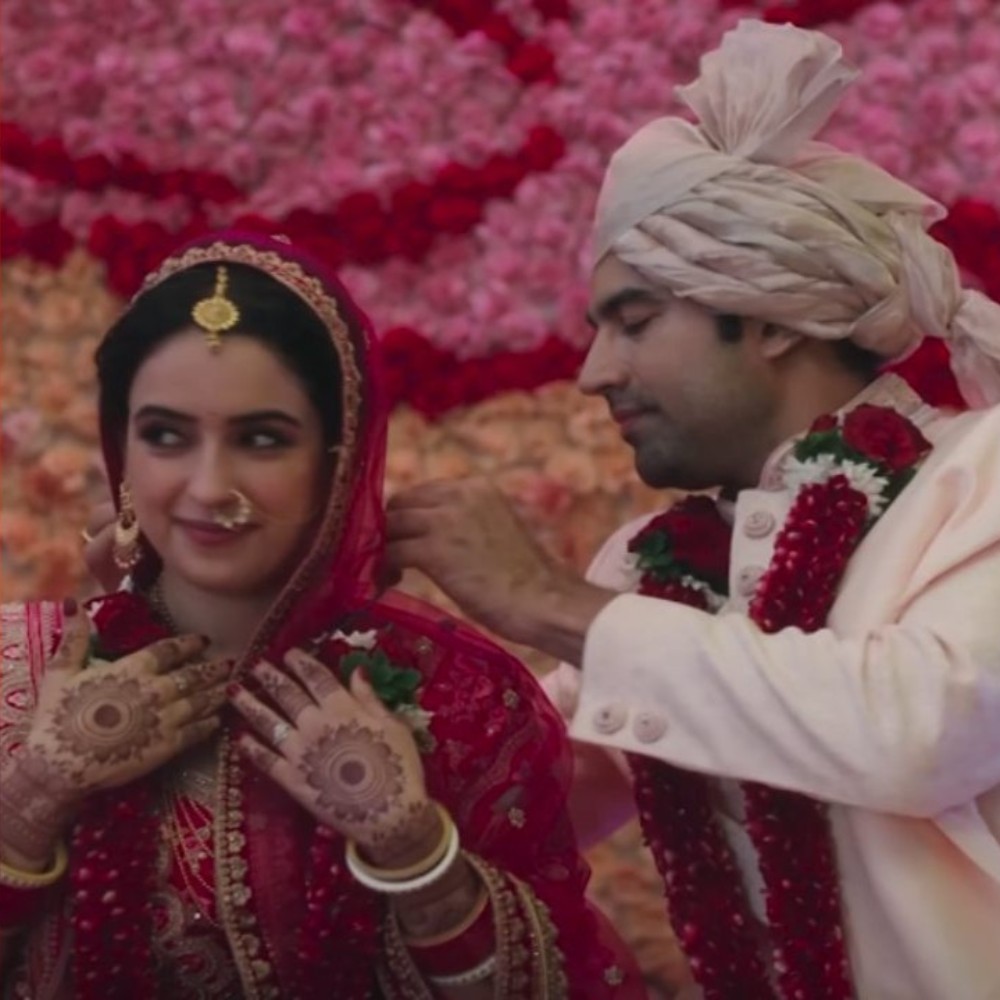Mrs vs The Great Indian Kitchen: How different is the ending of Sanya Malhotra starrer from its OG Malayalam movie with Nimisha Sajayan?
Read on to learn the difference in endings between Sanya Malhotra’s Mrs compared to its original The Great Indian Kitchen starring Nimisha Sajayan.
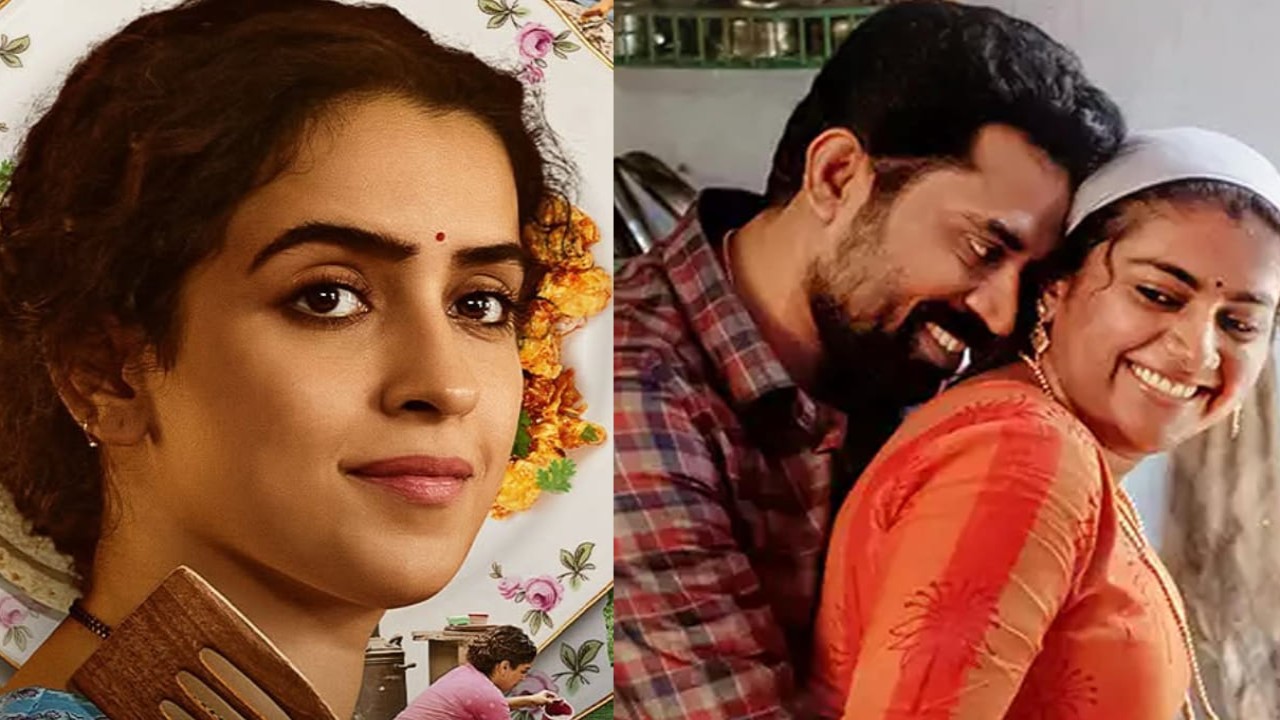
Mrs, starring Sanya Malhotra in the lead role, hit the streaming space ZEE5 on February 7, 2025. The Arati Kadav directorial was the official remake of the Malayalam film The Great Indian Kitchen, which was penned and directed by Jeo Baby.
The Bollywood movie focuses on the story of Richa, an educated dancer who is arranged to marry Diwakar, a doctor from a traditional and patriarchal family. After the initial sweet bliss of being a newly married bride subsides, Richa is faced with the adversities prevalent in many households.
Spanning from patriarchal hypocrisy from the men of her newfound family to how women adjust, Richa starts to realize the ignorance exhibited by men. So much so that despite being a doctor, her husband and family still have a regressive understanding of menstruation.
As the intense surroundings around her rise and rise with each passing day, Richa finally realizes the wedding isn’t worth it and decides to take her revenge. During her father-in-law’s birthday, Richa serves the entire family, and guests waste water leaking from the kitchen sink.
An angry Diwakar and his father rush into the kitchen, only to be doused by the wastewater over their heads. Following this, Richa walks out of the house, indicating she is divorcing him. After some time, she starts to make a living as an independent dance teacher while Diwakar is married again, and the same cycle is indicated to be repeated with his second wife.
Coming to the original movie, The Great Indian Kitchen, starring Dabba Cartel’s Nimisha Sajayan and Suraj Venjaramoodu in the lead roles, the film features no names to the leading characters while the latter is not a doctor but a teacher.
The decision to make the characters nameless is presumed to personify how the actions are synonymous in most households. This leads the film to only have the main characters named as Wife and Husband.
The original film’s ending essentially adopts the Sabarimala temple verdict, in which the courts decided that menstruation is not an impurity and that women should be allowed to visit the temple.
The husband and his family do not approve of the court’s decision, and the wife finally feels the injustice boiling over inside her. In an act of retribution, she pours murky kitchen sink water onto her husband and his father, who had decided to go on a Sabarimala pilgrimage.
After walking out of the house, the wife divorces her husband and starts teaching dance. On the other hand, the husband marries once again, and the same cycle repeats.





 JOIN OUR WHATSAPP CHANNEL
JOIN OUR WHATSAPP CHANNEL









